Below is a viewpoint from the Foresight Africa 2023 report, which explores top priorities for the region in the coming year. Read the full chapter on gender.
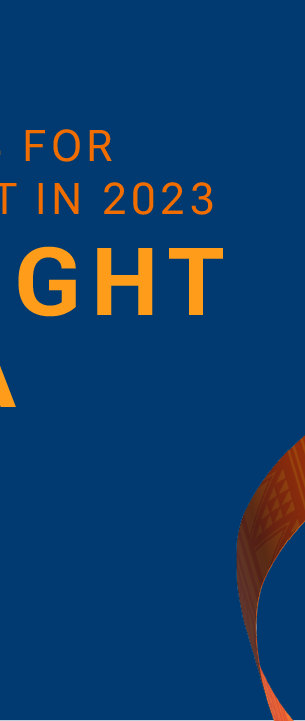 Over the past decade in Togo, the mobile penetration rate has nearly doubled—from 40 percent in 2011 to 78 percent in 2021; the internet penetration rate, while below 5 percent in 2011 reached 75 percent in 2021—a fifteenfold increase; and the mobile money penetration rate grew rapidly from 0 percent in 2011 to 58 percent in 2021. These statistics show that Togo has made a significant leap in digital infrastructure. Yet, more than 40 percent of the country’s telephone base is made up of 2G mobile phones, which are not suitable for exploiting the full potential of digitized public and social services, as well as the universe of possibilities offered by the internet.
Over the past decade in Togo, the mobile penetration rate has nearly doubled—from 40 percent in 2011 to 78 percent in 2021; the internet penetration rate, while below 5 percent in 2011 reached 75 percent in 2021—a fifteenfold increase; and the mobile money penetration rate grew rapidly from 0 percent in 2011 to 58 percent in 2021. These statistics show that Togo has made a significant leap in digital infrastructure. Yet, more than 40 percent of the country’s telephone base is made up of 2G mobile phones, which are not suitable for exploiting the full potential of digitized public and social services, as well as the universe of possibilities offered by the internet.
If we have learned anything from the COVID-19 pandemic, it is that digital transformation can be a powerful tool to ease inequalities in society, by providing essential services to those in remote and hard-to-reach areas, as well as to those most in need. Regrettably, however, in low- and middle-income countries, women are 7 percent less likely than men to own a mobile phone and are 16 percent less likely to use mobile internet.
During the pandemic, Togo launched “NOVISSI,” a digital cash transfer program that distributed $34 million in financial aid to 25 percent of all its adults. The program aimed to help people in the informal sector impacted by the mobility restriction and social distancing measures was adopted by the government in the context of the state of health emergency. NOVISSI revealed the importance of having a national ID, registered sim, and mobile phone to easily enroll in, and directly benefit from, the program. Globally, and beyond Togo, it demonstrated that widespread access to mobile devices could enable shock-responsive, and contactless delivery systems, to expand the reach of social protection.
As part of the cash transfer program, Togo decided to give more money to women than men, because of the key role women and girls played in supporting households (e.g., in homecare for the sick and performing daily housekeeping type functions including— but not limited to—child care, cooking, shopping for food, and cleaning).
While women constituted 61.4 percent of the total beneficiaries of the program, learnings from monitoring done throughout the scheme revealed that women (mostly in rural areas), had lower access to digital terminals than men.
While women constituted 61.4 percent of the total beneficiaries of the program, learnings from monitoring done throughout the scheme revealed that women (mostly in rural areas), had lower access to digital terminals than men. Moreover, in many households, the only existing phone belonged to men, making it difficult or almost impossible for women to have direct access to the social assistance funds allocated to them. Closing the gender gap in mobile phone access and use would therefore directly contribute to the economic empowerment of women and girls, and to achieving equal opportunity.
Several barriers hinder women’s ownership and use of mobile phones, such as affordability of mobile devices and lack of proof of identification required to register SIM cards and take loans. The lessons learned in Togo throughout the pandemic have inspired our new 2025 digital transformation strategy. One of the key initiatives of this strategy is to build a universal, foundational ID system—to boost citizens’ inclusion in the economy by providing each person with a biometric ID and a unique identification number. Once citizens have a unique biometric and digital ID, well thought-out partnerships with the private sector and innovative pay-as-you-go business models or micro loans could popularize access to mobile devices (especially smartphones) for everyone—and at subsidized rates for women. The ID system will also underpin the dynamic and unique social registry Togo is looking to set up to support all its social protection programs. Coupling the government-led unique electronic identifiers with a mobile phone and a mobile wallet could help to systematically close digital, social, and financial inclusion gaps for women, the poor, and vulnerable. The Togolese ID system will also underpin the dynamic unique social registry Togo is looking at setting up to support all its social protection programs.


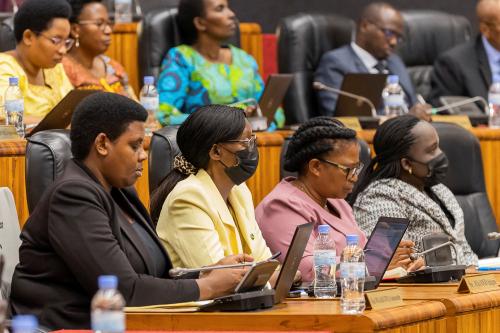
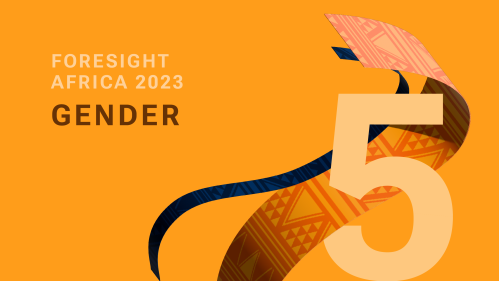


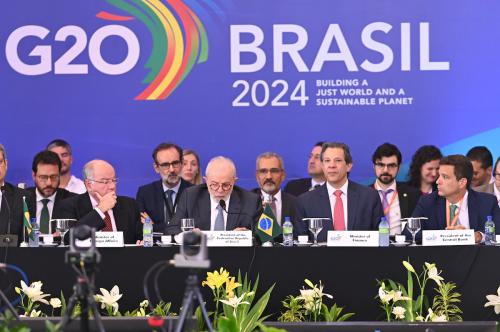
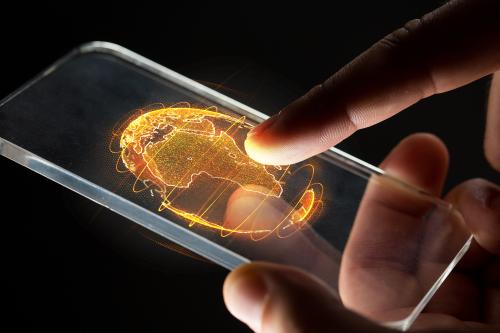
Commentary
Closing the gender gap through digital and social inclusion: The Togolese case
March 9, 2023